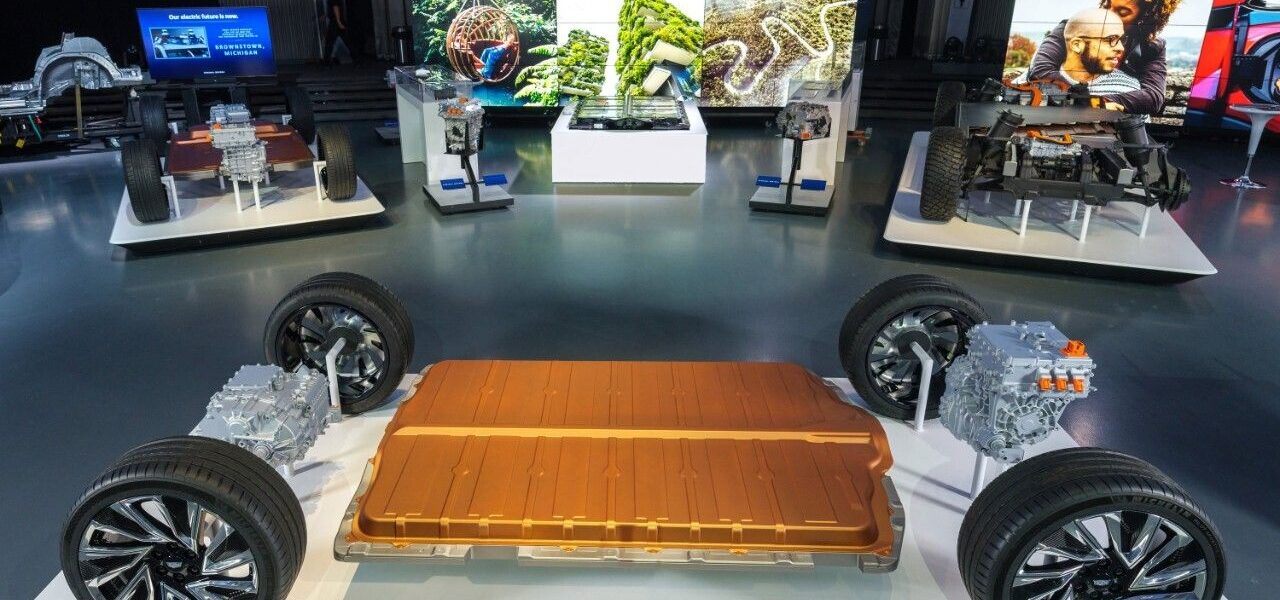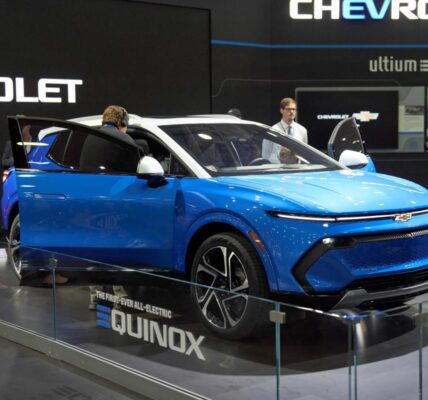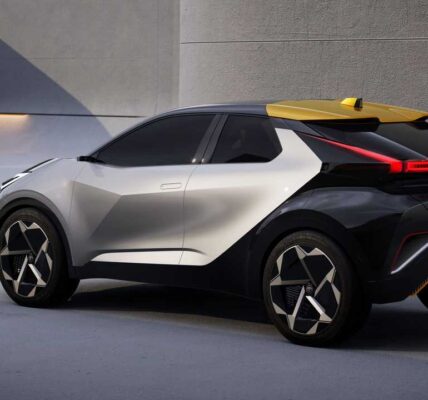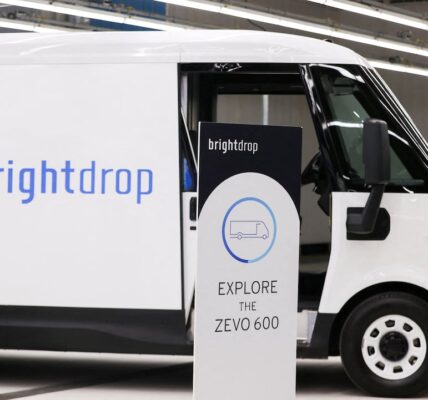LITHIUM IRON phosphate-powered batteries are the future of electric vehicles, argues Mujeeb Ijaz, founder and CEO of Our Next Generation Energy (ONE), which is based in Detroit, Michigan.
He believes his company has made a lot of progress with this new technology in battery manufacturing with its latest Aries II battery pack.
Ijaz, who is a former executive at Ford, A123 System, and Apple, said the batteries developed by his three-year-old company are cheaper, safer and more sustainable because of the primary material used to produce it.
He asserts that iron is one of the most abundant materials in the Earth’s crust, and because of its availability, makes the batteries cheaper. Additionally, he said this material is also less prone to thermal runaway, which occurs when the presence of oxygen in the nickel-cobalt mixtures gets released when the cell suffers an internal short circuit and heats up, thus making it a safer option.
But in his conversation with journalists on an international reporting tour exploring innovations in tech policy and navigating AI, organised by the US Department of State Foreign Press Centre, Ijaz explained that he takes great pride in the range these iron-powered batteries give.
“We looked at electrification emerging but felt that the range of electric vehicles needed to be adjusted to compensate real-world conditions. That means highway driving at high speeds, temperature or towing. Any of these real-world conditions, today’s electric vehicles cannot overcome with a really sufficient range,” he said.
The Aries II pack is expected to enable future EVs to deliver up to 350 miles of driving range on a charge.
The average range of an EV is estimated to be 211 miles, and most cars on the market have a range of anywhere between 100 and 300 miles.
“We decided to take a look at commercialising an iron phosphatase solution that would also increase range to equal the range of the best batteries today but then work on range extending architecture, but double the range, and that’s what we’ve introduced,” he said.
He said his Detroit-based factory produces approximately 50,000 batteries annually, and by the end of next year, the company will be making the cells for those batteries in the United States.
The batteries are currently being used by customers in the delivery market as well as on utility grid systems.
He said the company is in trials to work towards automotive introduction and shared that ONE is involved in a joint development agreement with German multinational manufacturer of luxury vehicles Bayerische Motoren Werke (BMW).
“It’s pre-production, and they are evaluating that we can become a production supplier, as we are a young company, we have to prove more than technology. The technology strategy is accepted as a topic that some like our strategy. Now, it’s a matter of qualifying our company so that we can build a factory. We can take a product to production that we can maintain cost quality, supply chain, and all those topics.
And while the company’s primary market is in North America, Ijaz said he is open to expanding to other parts of the world.
“If we come to South America, to Asia, to any part of the world to build factories, we can depend on this abundant material for our supply chain without compromising our performance and safety and giving the opportunity for electrification to take root,” he said.








